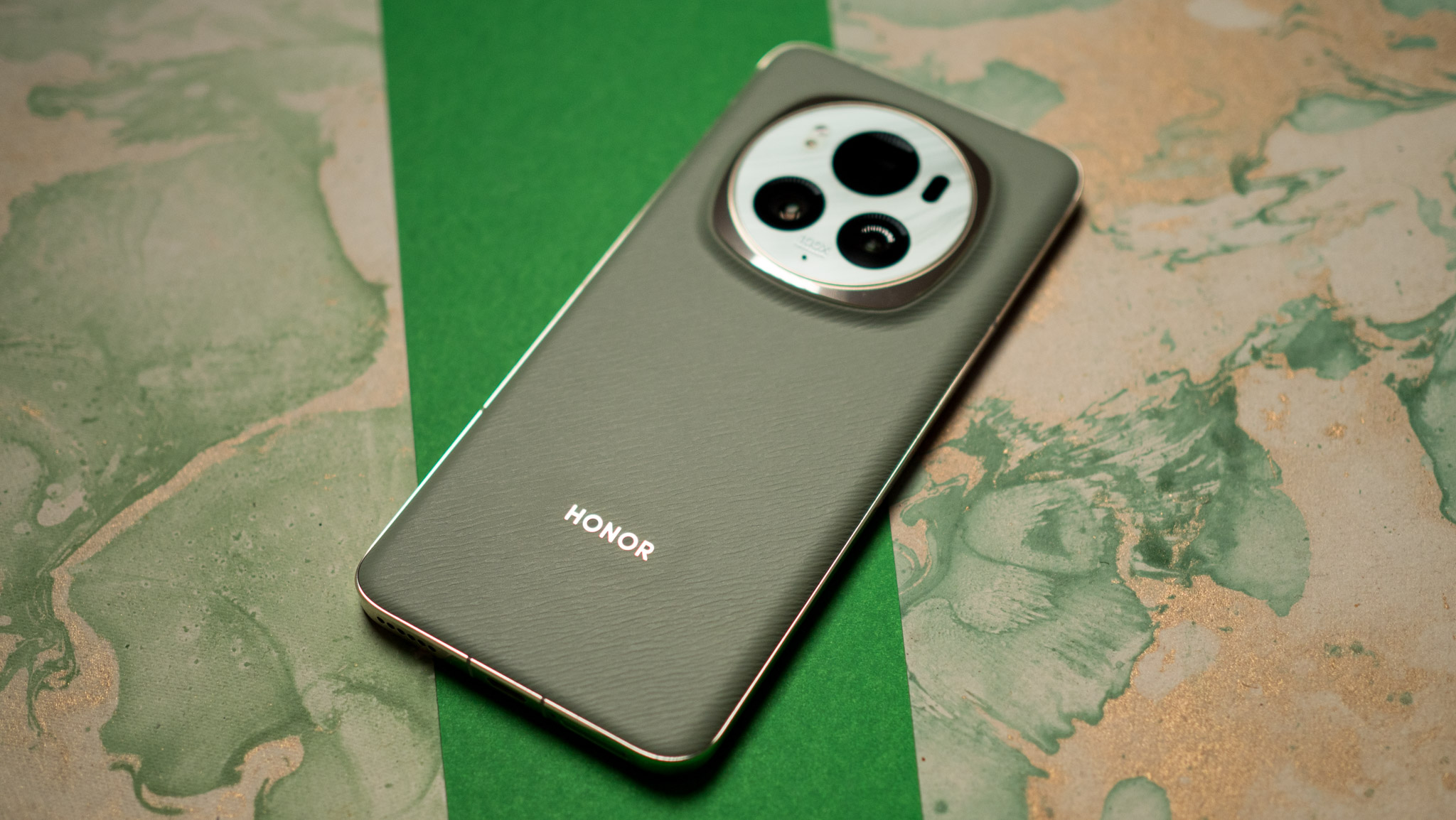
What you need to know
- Lewis Hilsentenger of Unbox Therapy pits Honor's Magic 6 Pro against Samsung's Galaxy S24 Ultra in an extreme cold test for battery survivability.
- After 48 hours in a -22 degrees Celsius (-7 degrees Fahrenheit) freezer, Honor's device beat Samsung as the S24 Ultra lost all charge.
- Honor's E1 battery management chipset features a low-temperature algorithm to aid the tech in surviving extreme cold — and heat.
Honor's Magic 6 Pro and Samsung's Galaxy S24 Ultra went head-to-head in a test to see who could survive in a bitter chill the best.
Lewis Hilsentenger of Unbox Therapy posted a Short that put both phones in an "extreme cold test" for battery life survivability purposes. The host stated both devices were placed inside a small freezer at -22 degrees Celsius (-7 degrees Fahrenheit). Both devices also had a 59% charge before being inside.
During its first checkup, twenty hours in, the Galaxy S24 Ultra was down to 34%, while the Magic 6 Pro held strong at 40%. A final check-in was at the 48-hour mark, and the S24 Ultra ran out of juice, but its competitor still had 33% left.
Hilsentenger adds that Honor's inspiration taken from EVs (electric vehicles) inspired their work confidence in the Magic 6 Pro's battery. Honor implemented a customized low-temperature algorithm via the phone's E1 power management chip, which optimizes battery performance in extreme environments.
You can watch the rest of Unbox Therapy's test on YouTube and gain some insight into the Magic 6 Pro's battery longevity five days after the test.
Honor launched its Magic 6 Pro in the middle of January with a 6.8-inch display and Snapdragon 8 Gen 3 SoC backed by a 5,600mAh battery. This size of battery already breaks the mold as most flagship phones arriving this year offer a 5,400mAh battery at most. Moreover, our internal testing showed that Honor opted for a silicon-carbon negative electrode material for the battery.
The device still rocks a lithium-ion battery, but this new silicon material lets Honor boost the battery's power density without increasing its physical size.
More importantly, the device was tested in hotter weather using 3DMark and performed well. The test was conducted in temperatures around 107 degrees Fahrenheit. Additionally, the device achieved a 67% stability score in the Solar Bay stress test, outmatching Vivo's X100 Pro and more.
For the competition, Samsung's Galaxy S24 Ultra debuted with a 5,000mAh lithium-ion battery devoid of any "extreme temperature" management capabilities.







